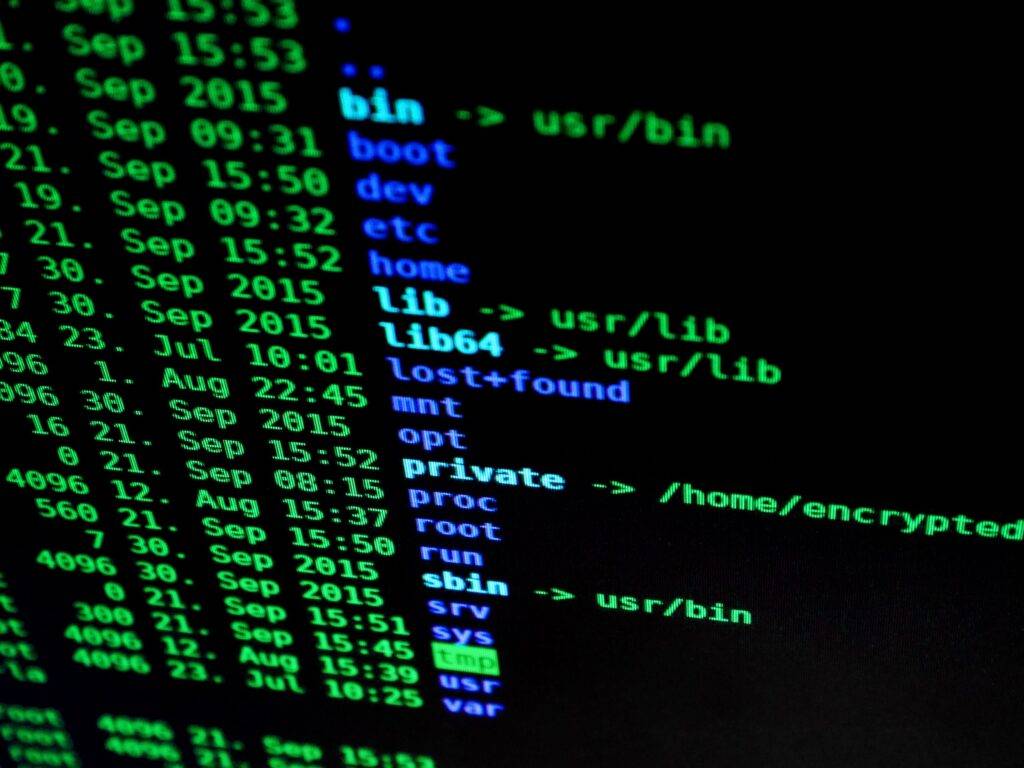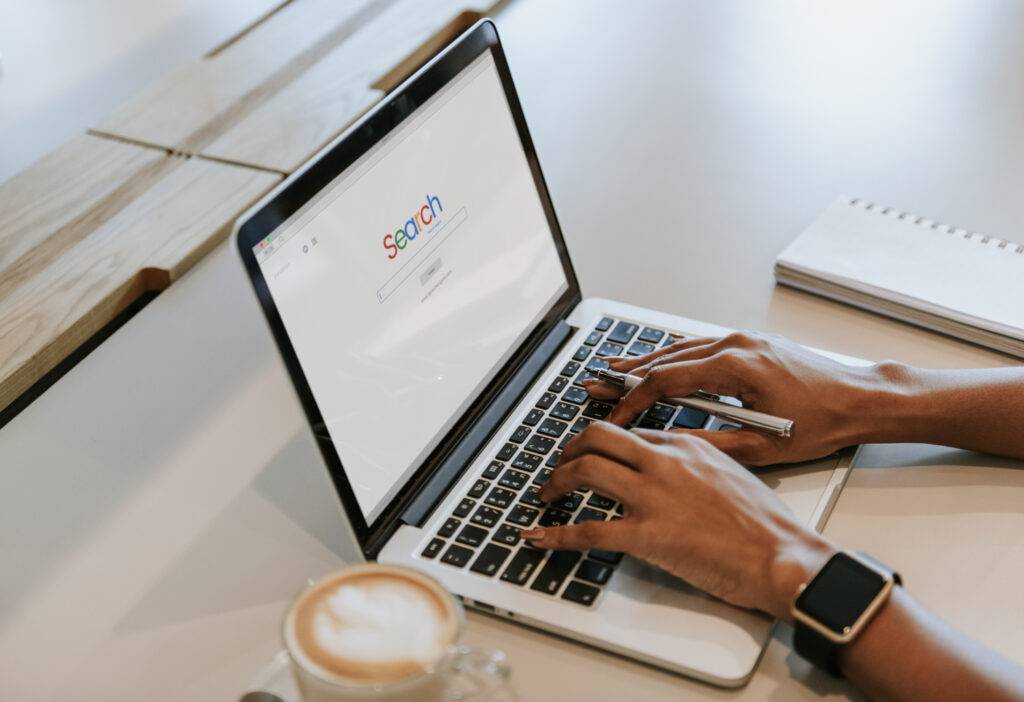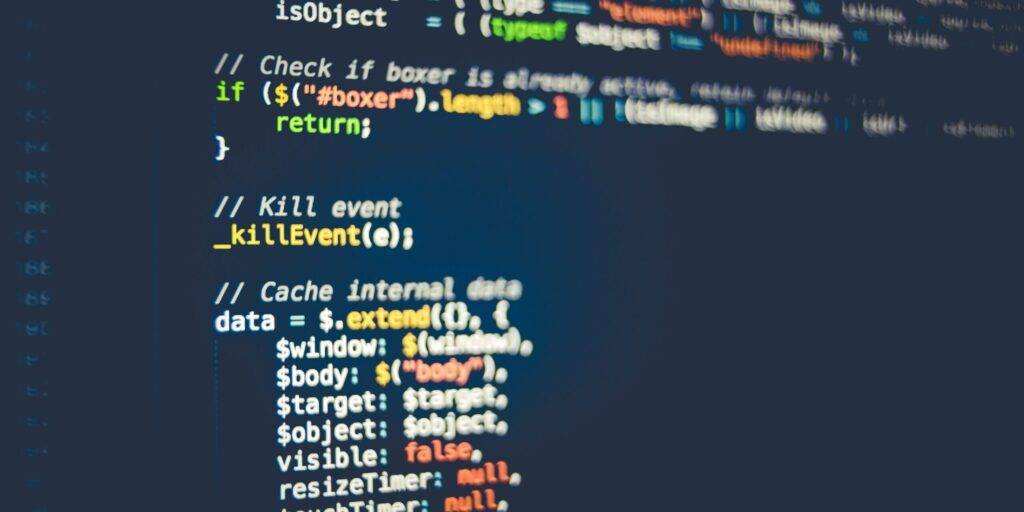As we approach the end of 2023, it is crucial to anticipate and prepare to strengthen web security in the coming year. Whether you run a custom website or use a content management system like WordPress, security must be a non-negotiable priority.
The digital landscape is increasingly plagued by attacks, and it has become imperative to approach web security with a proactive mindset. Below, we provide you with essential tips to improve your website security in 2024. While some of these are focused on the most popular CMSs, they can be adapted as examples to strengthen the security of any site.
1. Always keep everything up to date
This advice, especially applicable to CMS such as WordPress, Joomla, PrestaShop, among others, is essential. Outdated sites are easy targets for cyber-attacks. Every plugin or software update usually includes crucial security patches. Ignoring these updates leaves your site vulnerable to potential security breaches.
2. Restrict Access to Web Control Panel
If your website has a control panel for management, consider restricting access by IP address. Limiting access attempts from specific locations can deter brute force attacks. In cases where restriction by IP is not feasible, implement protections against repeated bad access to block attacks.
3. Add Two-Factor Authentication (2FA)
Two-factor authentication (2FA) adds an extra layer of security by requiring additional confirmation, such as a code sent to a cell phone or email. Although it may be slightly annoying, 2FA is highly effective in preventing unauthorized access, even if credentials are compromised.

4. Unique and Strong Passwords
Avoid using repeated passwords and opt for strong, unique passwords for each service. Reusing passwords significantly increases the risk of compromise. Password managers can help you generate and manage strong passwords for each account.
5. Always implement HTTPS
Ensure that your website uses secure connections via HTTPS instead of HTTP. The encrypted connection protects transmitted information, such as passwords and personal data, against interception. The adoption of SSL certificates, offered free of charge at Hostinet, is essential to secure all communications.
6. Remove Unused Software
Avoid accumulating unnecessary software on your server or CMS. The presence of unused software can become a vulnerability, especially if it is not kept up to date. Remove any applications, plugins or themes that you are not using to reduce possible entry points for attacks.
In addition to following these tips, reliable hosting is crucial. At Hostinet, we offer a comprehensive security system that automatically detects and blocks malware, providing an additional layer of protection.
Web security is not a luxury; it is a necessity in today’s digital landscape. Implementing these practices in 2024 will help you safeguard your site and protect the integrity of your information and that of your users. Don’t skimp on security and build a solid and protected web presence!









